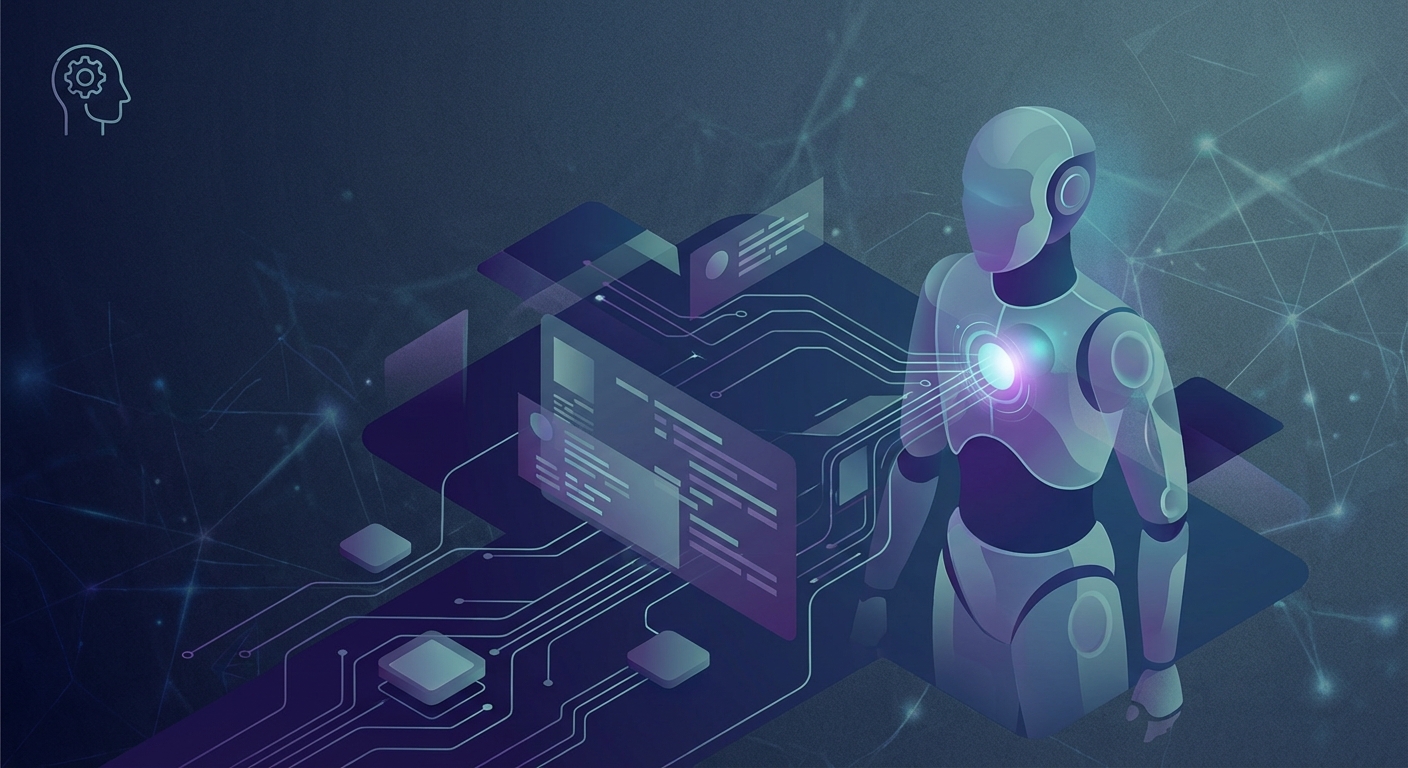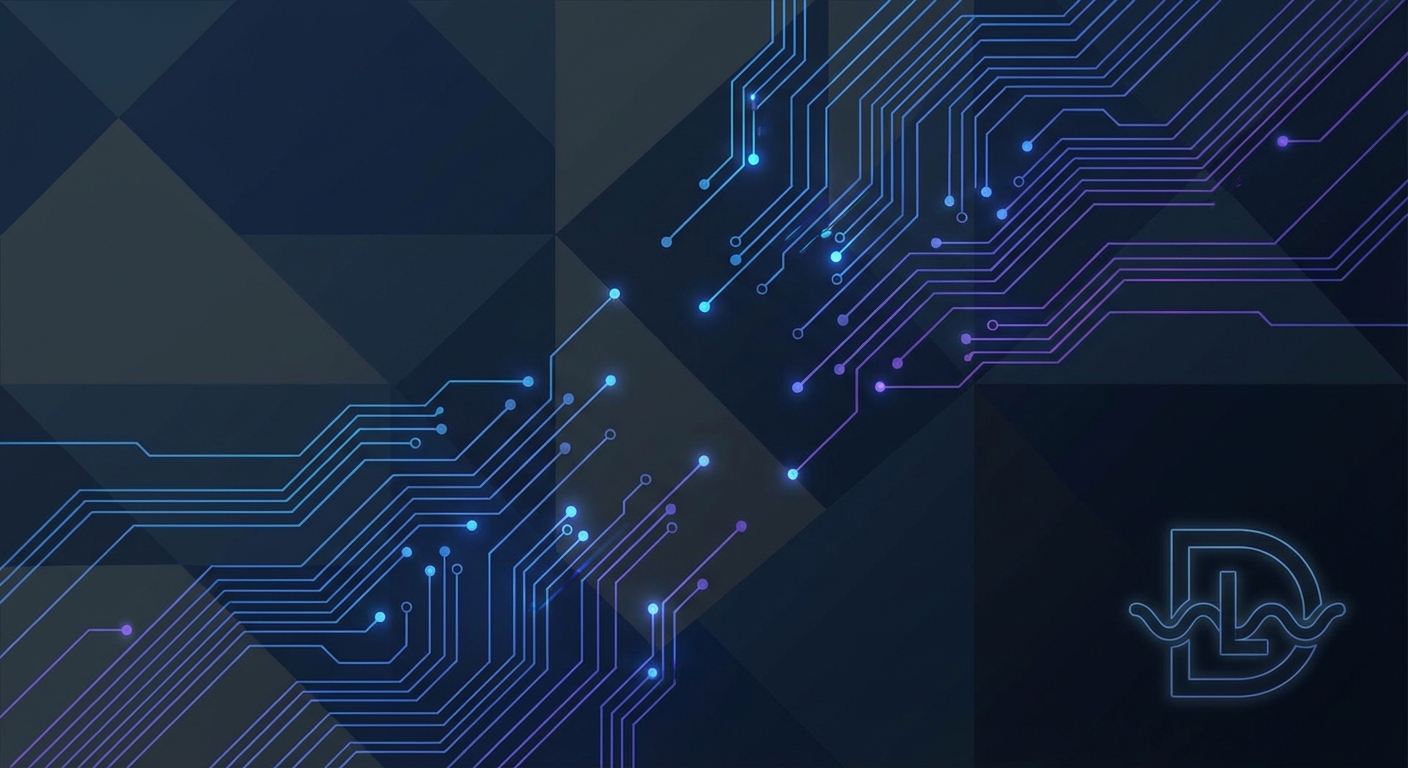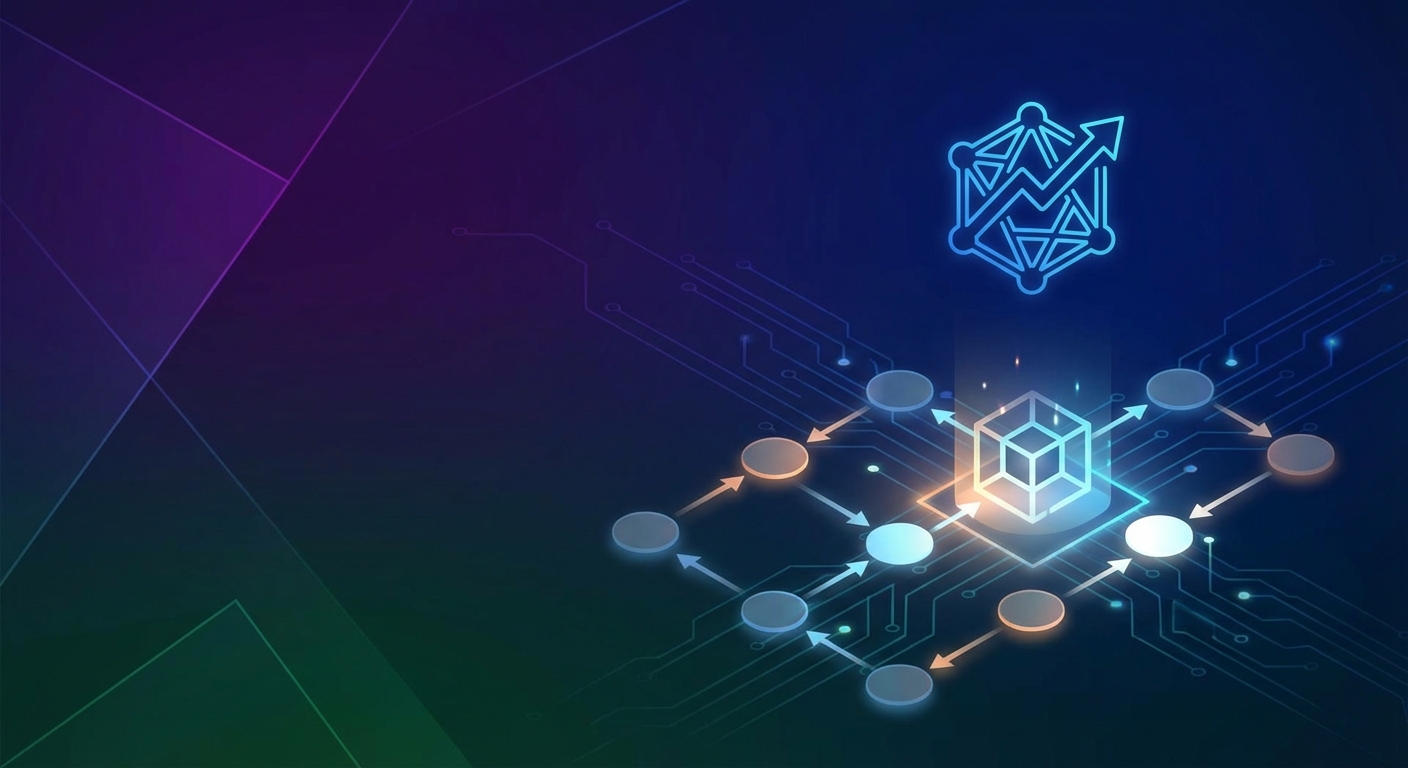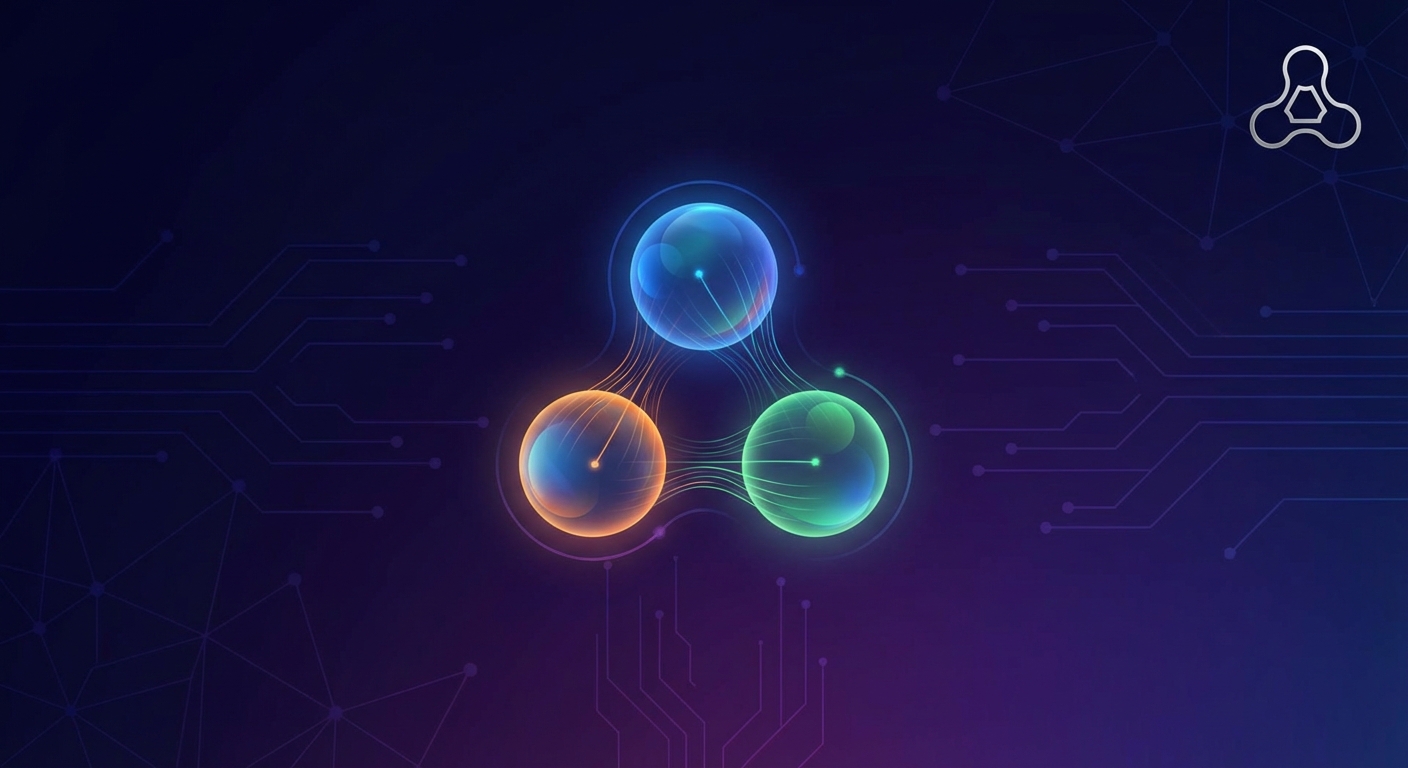AI Agent Security Frameworks and Best Practices
TL;DR
- This article covers the essential security frameworks and best practices for AI agents, including identity and access management, secure development lifecycles, and robust monitoring strategies. It highlights how to protect ai agents from threats, ensuring compliance and maintaining data privacy, thereby enabling secure and reliable enterprise ai solutions.
Understanding the AI Agent Security Landscape
Okay, so ai agents are becoming a bigger deal, right? (What's the big deal about agents in 2025?) But are we really thinking about security enough?
ai agents are basically like digital assistants, automating tasks in all sorts of industries. (What are AI agents? Definition, examples, and types | Google Cloud) Think about healthcare, where they might schedule appointments or even assist with diagnoses. Or in retail, they could personalize shopping experiences. But if these agents aren't secure, that's a huge problem.
Securing ai agents in an enterprise is super important; it's not just about protecting data, it's about maintaining trust and reliability. A breach could lead to, like, massive data leaks, financial losses, and reputational damage.
the risks? Well, consider data breaches. If an ai agent is compromised, attackers could gain access to sensitive information. And think about manipulated outputs – if an agent's decisions are tampered with, it could lead to incorrect or biased outcomes.
Adversarial attacks are a big one too. These are when attackers try to trick the ai into making wrong decisions. For example, an attacker might subtly alter an image fed to an ai agent so it misclassifies it, or poison the data an agent learns from to make it produce biased or incorrect results.
ai agents have complex interaction patterns and data flows that can be hard to track. They're often integrated with so many different systems, which creates more opportunities for vulnerabilities.
Plus, ai agent deployments are often decentralized, which makes it even harder to maintain consistent security measures across the board. You've got agents running on different devices, in different locations, all accessing different resources.
And the threat landscape is always changing, with attackers constantly looking for new ways to exploit ai vulnerabilities. this includes things like adversarial attacks, where attackers try to trick the ai into making the wrong decisions.
All this means we need a solid security framework. Now, let's explore some of the key AI agent security frameworks that can help address these challenges.
Key AI Agent Security Frameworks
Alright, so we've talked about why ai agent security is a big deal. Now, let's get into some actual frameworks you can use.
First up, there's the NIST AI Risk Management Framework (RMF). It's kinda like a guide for managing risks related to ai. you can use it to figure out what could go wrong with your ai agents and how to stop it.
For example, if you're using an ai agent in healthcare to analyze patient data, the NIST AI RMF can help you identify risks like data breaches or biased algorithms. It then helps you figure out how to minimize those risks.
Next, we have ISO/IEC 27001. This one is all about information security, but it can totally be adapted for ai systems. It helps you set up an Information Security Management System (isms) to protect your data.
When adapting ISO/IEC 27001 for AI, you'll want to pay extra attention to clauses related to data governance, model integrity, and the ethical implications of AI outputs. This means ensuring that data used for training is accurate and unbiased, that the AI models themselves are robust against manipulation, and that the AI's decisions are fair and transparent.
Think about a finance company using ai agents for fraud detection. ISO/IEC 27001 can ensure they have the right security measures in place to protect sensitive financial data and comply with regulations.
Then there's the CIS Controls. These are basically a set of best practices for securing your systems. You can use them to "harden" your ai agents against attacks.
For instance, if you're using an ai agent in retail to manage inventory, the CIS Controls can help you prioritize the most critical security measures, like access controls and data encryption, to prevent unauthorized access and data theft.
To illustrate how these frameworks can be used together, here's a conceptual diagram:
These frameworks aren't just about ticking boxes; it's about building a solid foundation for ai agent security. And that's super important for maintaining trust and reliability. With an understanding of the frameworks, let's now focus on the practical best practices for implementing robust AI agent security.
Best Practices for AI Agent Security
Okay, so you've got your ai agents all set up – but how do you keep them safe? Turns out, there's a few things you really should be doing.
Identity and Access Management (iam) is Key: Think of iam as the gatekeeper for your ai agents. You need to make sure only authorized agents are doing authorized things. Implementing robust IAM solutions means setting up strong authentication and authorization mechanisms.
For example, in a finance company, you'd want to use iam to control which ai agents can access sensitive customer data. This prevents unauthorized access and helps maintain compliance.
Secure AI Agent Development Lifecycle: Securing your ai agents isn't just a one-time thing; it's gotta be part of the whole development process. This means thinking about security at every stage, from designing the agent to deploying it. Threat modeling and security testing are essential.
For example, you could use techniques like STRIDE for AI during threat modeling to identify potential threats like tampering, repudiation, or information disclosure specific to your AI agent. For security testing, methods like fuzzing can be used to discover unexpected behaviors and vulnerabilities, while adversarial testing directly probes the agent's resilience against malicious inputs.
Like, if you're building an ai agent for a retail company to manage inventory, you'd want to conduct regular security assessments to identify vulnerabilities. This could include testing for things like injection attacks or data breaches.
Data Security and Privacy: ai agents often deal with a ton of data, so you've gotta protect it. Use data encryption and anonymization techniques to keep sensitive information safe. And don't forget about regulations like gdpr and ccpa.
For example, if you're using an ai agent in healthcare to analyze patient data, you need to make sure you're complying with HIPAA regulations. This means implementing measures to protect patient privacy and prevent data breaches.
Securing your api endpoints is super important, especially since ai agents often interact with other systems through apis. API endpoints are essentially the communication channels or interfaces that your AI agent uses to send requests to and receive responses from other services or applications. Securing them is critical because they are often the primary entry points for external interaction, and if compromised, can expose the entire AI system. You'll want to use authentication and authorization mechanisms to control access to your apis, and rate limiting and traffic monitoring can help prevent abuse.
So, yeah, keeping your ai agents secure isn't easy, but it's totally necessary. By focusing on iam, secure development, data protection, and api security, you can reduce the risk of breaches and maintain trust in your ai systems. Implementing Zero Trust Security for AI Agents.
Implementing Zero Trust Security for AI Agents
Zero trust – sounds kinda intense, right? Well, it's all about assuming that no user or device should be automatically trusted. Especially when we're talking about ai agents.
The main idea? Never trust, always verify. ai agents should constantly prove that they are who they say they are and that they're authorized to access whatever they're trying to get at.
Think of it like this: even if an ai agent has been accessing a database for months, it should still have to re-authenticate every time, just to be sure.
Another key thing is microsegmentation and least privilege access. basically, you break down your network into tiny segments and only give each ai agent the bare minimum access it needs to do its job.
For instance; an ai agent responsible for generating reports shouldn't have access to sensitive customer data. To illustrate this further, imagine an AI agent tasked with analyzing sales trends. Microsegmentation would mean it only gets access to sales data and reporting tools, not customer PII or financial transaction details. If that agent were compromised, the attacker would be limited to only the sales data, not the more sensitive information.
And of course, continuous monitoring and validation. you can't just set it and forget it. You need to constantly monitor ai agent activity and make sure nothing fishy is going on.
For example; if an ai agent suddenly starts accessing resources it doesn't normally use, that's a red flag.
Implementing zero trust for ai agents isn't exactly easy, but its worth it, really because it can seriously reduce the attack surface. While implementing zero trust significantly reduces the attack surface, a robust monitoring and incident response strategy is crucial for detecting and addressing any residual threats or unexpected behaviors that may still arise.
Monitoring and Incident Response
Alright, so you've put in the work to secure your ai agents. but what happens when, inevitably, something goes wrong? That's where monitoring and incident response comes in; it's kinda like having a security system for your security system.
Establishing a Security Monitoring Program: gotta keep an eye on things, right?
Logging and Auditing: Tracking what your ai agents are doing is crucial. This includes logging access attempts, data modifications, and any unusual activity. if an agent starts behaving strangely, you'll want that record.
Threat Intelligence Integration: Feed your monitoring system with threat intelligence feeds. These feeds can help you identify potential threats and vulnerabilities, so you can proactively address them. For AI agents, this could include indicators of compromise related to AI-specific vulnerabilities, known patterns of adversarial attacks targeting machine learning models, or intelligence on newly discovered AI exploits.
siem Systems: A Security Information and Event Management (siem) system centralizes logs and security alerts from various sources, giving you a single pane of glass to monitor your ai agent environment. SIEM systems can be tailored to monitor AI agent specific events, such as detecting model drift (when an AI's performance degrades over time), unusual inference patterns (e.g., an agent making predictions outside its normal operating parameters), or anomalous data access patterns. By correlating these AI-specific events with broader security incidents, SIEMs provide a more comprehensive view of your security posture.
Incident Response Planning for ai Agent Security Breaches: what to do when things go boom.
Developing an Incident Response Plan: Have a plan in place before something bad happens. This plan should outline the steps to take when a security incident occurs, including who to contact and what actions to take.
Identifying and Containing Security Incidents: Quickly identify any security incidents and contain the damage. This might involve isolating affected ai agents, revoking access credentials, and patching vulnerabilities.
Post-Incident Analysis and Remediation: After an incident, conduct a thorough analysis to determine the root cause. Then, take steps to prevent similar incidents from happening in the future.
So, by establishing solid monitoring and incident response plans, you're not just securing your ai agents, your ensuring the whole system is more resilient. The key takeaways here are that AI agent security is a multi-faceted challenge requiring a layered approach, from understanding the risks and leveraging frameworks, to implementing best practices and adopting a zero-trust mindset. Continuous vigilance through monitoring and a well-defined incident response plan are essential for navigating the ever-evolving threat landscape. Remember, security isn't a destination; it's, like, a journey, man.








